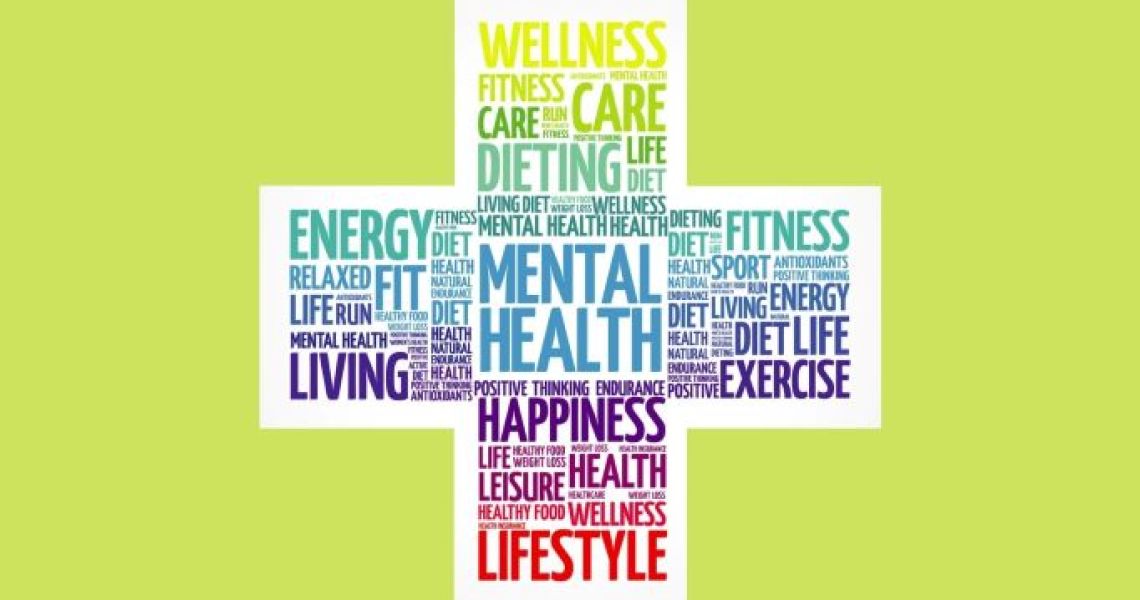Since the start of the pandemic, more and more people are focusing on mental health as one of the important components of our overall health and well-being.
However, mental health conversations can still feel complicated and uncomfortable.
Around half of people in the U.S. will meet the criteria for a diagnosable mental health condition at some point in their life (Mental Health America, 2022). Everyone should know what to look for and have the support they need to thrive.
Often, there is no one single cause for a mental health condition, but many possible risk factors that can influence how likely a person is to experience challenges or how serious the symptoms may be.
Some risk factors for mental health conditions include:
• Genetics
• Brain biochemistry
• Trauma (acute or chronic)
• Environment and how it impacts your health and quality of life (safe place to live, financial stability, health care access)
• Habits and lifestyle (sleep, nutrition, physical activity)
Making sense of these risk factors and seeing the whole picture could be more difficult when it comes to your own mental health. Take time to ask yourself about your thoughts, feelings, and behaviors. See if there is a pattern that may need more investigation and could possibly indicate you need support from a mental health professional.
Here are some questions to ask yourself:
• Have things that used to feel easy started feeling difficult?
• Does the idea of getting out of bed, doing daily tasks, focusing on work now feels really hard?
• Have your sleeping patterns changed (sleeping too much or too little)?
• Have your dietary patterns changed (craving sweet, salty or fatty foods) ?
• Do you feel it is becoming harder to control your emotions? (Feeling irritable and frustrated, lashing out at people you care about)
It may be hard to talk about your challenges, but simply acknowledging that you’re struggling is a really big step.
If you are concerned about your mental health, the Resiliency and Well-Being Center is here to help you navigate difficult questions, find answers and resources. Reach out to us and schedule time to talk to our multidisciplinary team of health professionals.
Fill out this Well-being Survey to participate in our effort to measure well-being across the SMHS and MFA. Learn more about Mental Health Awareness Month.
You are not alone! We are there to give you support you need.
